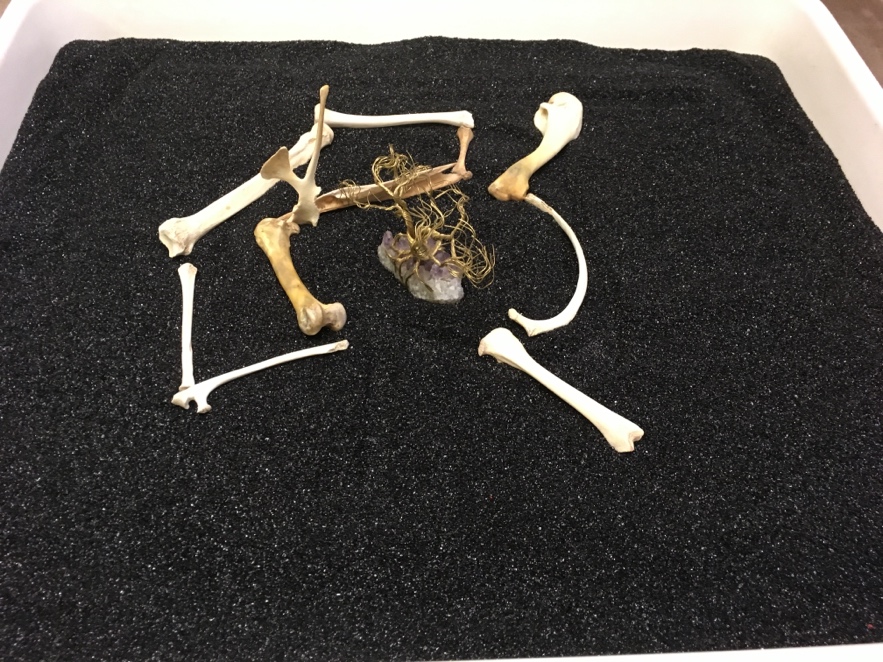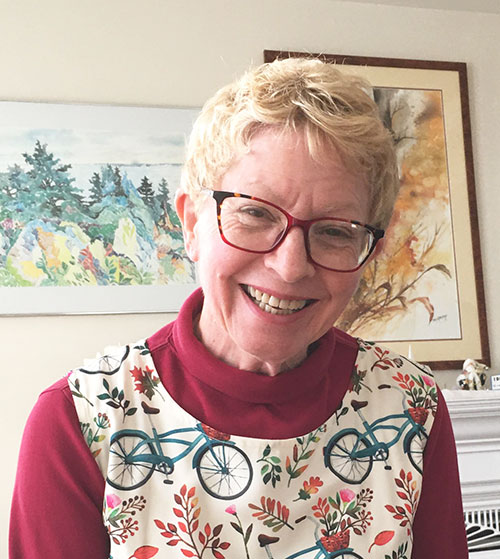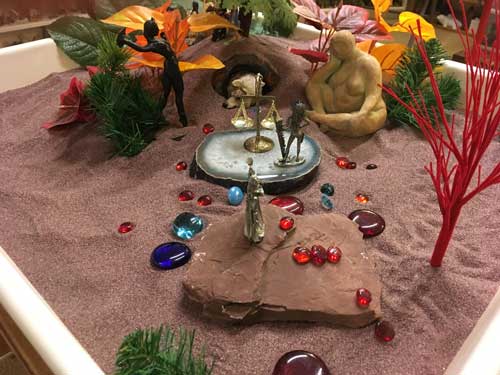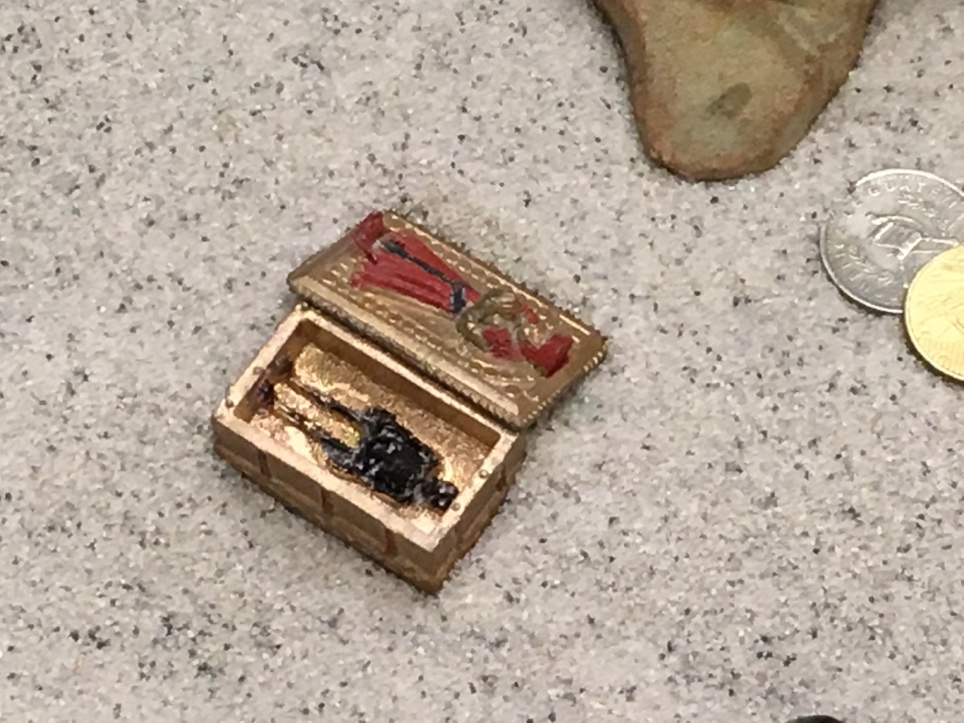
F2M Snapshots of Gender Transition-Part Two
At 14 years of age, Al felt triumphant as he announced his transgender male identity publicly. His social transition had been successful, and he was
I began my service in the social work field in 1973, received my MSW in 1977, and obtained my clinical license (LCSW) in 1979. My graduate training focused on medical social work, and I have been employed in child welfare, hospital, clinic, and rehabilitation services. I opened my private practice in 1986 in Sacramento, California, moving to Ashland, Oregon in 2005, where I obtained my Oregon license in 2006.
When I started my formal Sandtray training, I was a relationally-based psychotherapist rooted in child development and object relations theories and well-grounded in systems theory. I also studied the reciprocal relationship between physical anatomy and the development of the self. Later, I studied interpersonal neurobiology. Nearly fifty years ago, I became a practitioner of Nichiren Daishonin’s Buddhism (sgi-usa.org). This philosophy, with its emphasis on the oneness of the universe with body, intellect, emotion, and spirit, informed my professional learning. These approaches are the basis for my Expressive Arts and Sandtray studies and my clinical practice.
In the 1970s, I was introduced to Sandplay by a Jungian analyst. As a young social worker, I became attracted to this approach as a unique way to treat the abused children who were my clients. I immediately began studying Sandplay techniques in depth, learning about Margaret Lowenfeld’s play therapy methods in the 1980s. I became inspired by her work and intrigued by the ability of her Sandtray methods to aid people of all ages, cultures, and life experiences.
My Sandtray training advanced significantly in 1989 when I began study with Gisela Schubach De Domenico, (Ph.D.). I completed all of her experiential and clinical trainings and then advanced to her teacher training during my 11 years of study with her. Eventually I became a trainer for her “Level 1 and 2” courses. As my own teaching progressed, I began to find innovative ways to respond to workshop participants’ questions. A natural outcome of my continued growth was to develop my own way of instruction in the use of Sandtray.
The most significant influence on me as a psychotherapist was my relationship with my professional mentor. In 1973 I met Betty Russell (LCSW, BCD) and she generously mentored me until her death in 2018. As Betty supported my development she always challenged me to grow. This balance is one that I strive for in my work as well.
The successful methods that I use are detailed in my book, Sandtray: Playing to Heal, Recover, and Grow.



At 14 years of age, Al felt triumphant as he announced his transgender male identity publicly. His social transition had been successful, and he was

A rare week goes by that transgendered (trans) persons are not addressed in the news. Initially the focus was on the famous. With these revelations,
2024 © | Roxanne Rae, LCSW, BCD | All Rights Reserved
Margaret Lowenfeld’s Sandtray methods are designed to access the innate healing powers within an individual’s life. Using what is created in the sand world we can reach into the depths of our lives and bring forth the images that we routinely rely on for perception and decision making. Sometimes our experiences are beyond words, and at other times our words do not accurately reflect our experiences. Sandtray can reveal how the non-cognitive aspect of our minds influence daily life. New perspectives gained through these sessions begin to clarify what actions one may take to heal, recover, and grow.
Sandtray can be a profoundly revitalizing and deeply intimate experience with one’s self. The therapist does not interpret or analyze the sand world but may function as a Witness or guide to enrich one’s focus, to explore and to harvest the wisdom from lesser-known parts of one’s life. Individuals make their own discoveries. Control lies with the Creator of the world. With a therapist’s aid, a world Creator can unfold fresh personal meanings. As people more clearly identify and harness the implicit aspects of their own lives, they become increasingly self-empowered to make healthier choices.